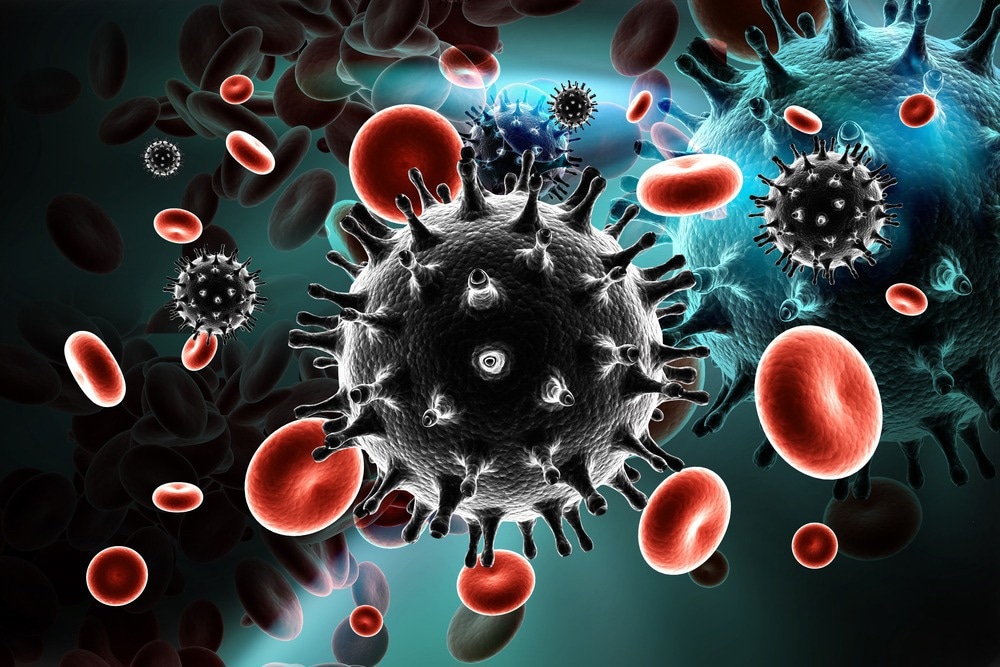During the COVID-19 pandemic, scientists and medical professionals used mRNA to deliver a vaccine for the virus within a year, demonstrating to the public the importance of mRNA.

Image Credit: RAJ CREATIONZS/Shutterstock.com
Emmanuel Ho, an Associate Professor of pharmacy at the University of Waterloo, has created a novel nanomedicine called small interfering RNAs (siRNA) that is loaded with genetic information and is intended to be used in gene therapy to combat HIV. These siRNAs have been shown to reduce HIV replication by 73% and control whether genes or proteins are activated or inactive within the cells.
This opens the door for new therapeutics in the fight against HIV.
Emmanuel Ho, Associate Professor, University of Waterloo
Dr. Ho is one of Waterloo’s researchers and entrepreneurs driving health innovation in Canada.
Autophagy, often known as the body’s recycling process, is an essential mechanism that eliminates microorganisms such as viruses and bacteria from within cells. HIV is highly intelligent and creates a protein called Nef, which stops cells from triggering autophagy.
This is the first study to produce a combined nanomedicine that can restore autophagy while preventing HIV entrance into cells, allowing our body to reactivate its defense mechanism.
Furthermore, HIV has a gene, CCR5, that permits the virus to enter a cell. To lower HIV infection, siRNAs target both Nef and CCR5.
This nanomedicine is designed to be administered vaginally to prevent HIV transmission through sexual contact. As a consequence, the nanomedicine is engineered to remain stable in the acidic vaginal environment while releasing siRNA once within cells.
Ho added, “Viruses are smart. They produce Nef proteins to prevent autophagy from occurring. Our process allows our body to fight the viral infection without needing additional drugs.”
Ho stated that the next stages would be to further optimize the process and gain a better knowledge of how autophagy helps cells defend humans from viruses.
“We also hope this will shed some light to develop more alternative approaches to effectively reduce antimicrobial resistance,” Ho stated.
Journal Reference:
Yang, S., et. al. (2024) pH-sensitive dual-preventive siRNA-based nanomicrobicide reactivates autophagy and inhibits HIV infection in vaginal CD4+ cells. Journal of Controlled Release. doi:10.1016/j.jconrel.2023.12.043.